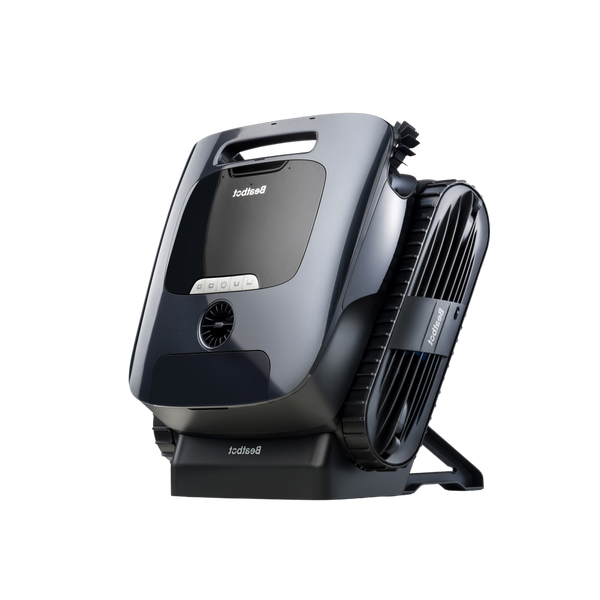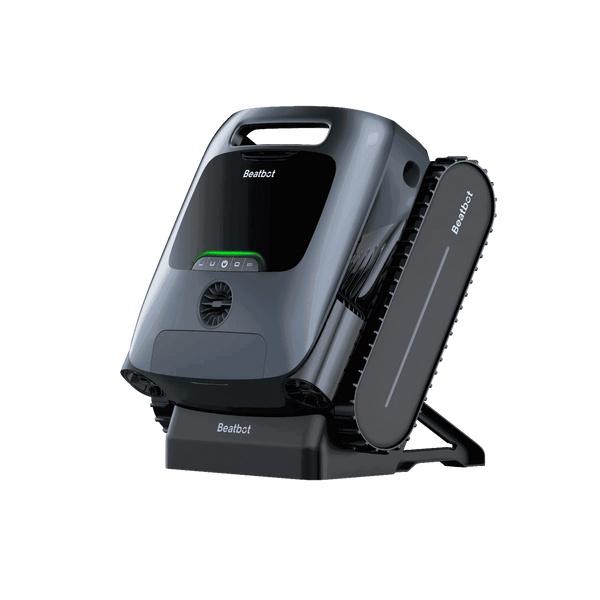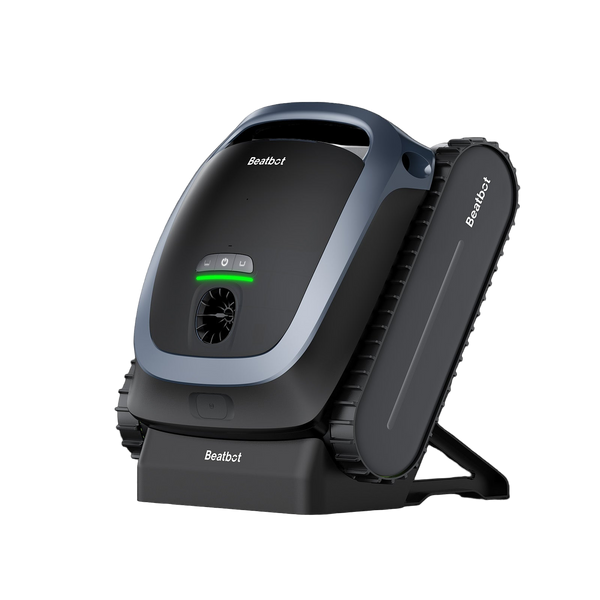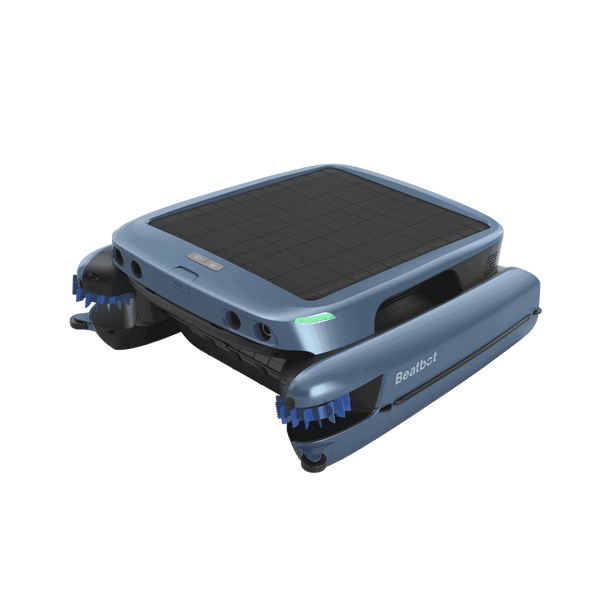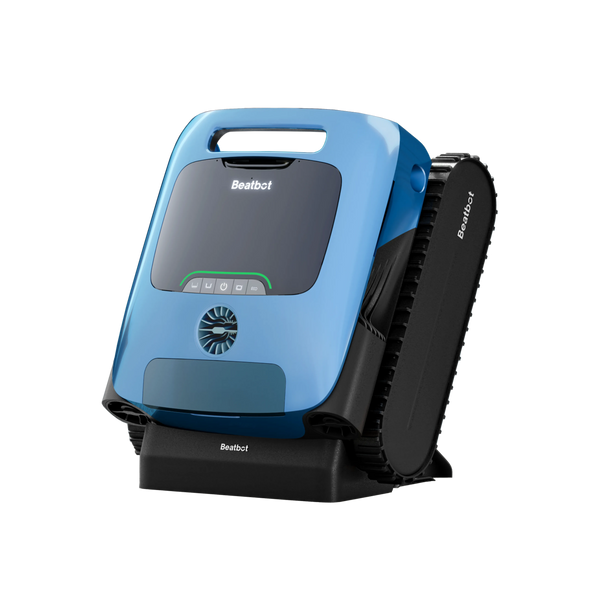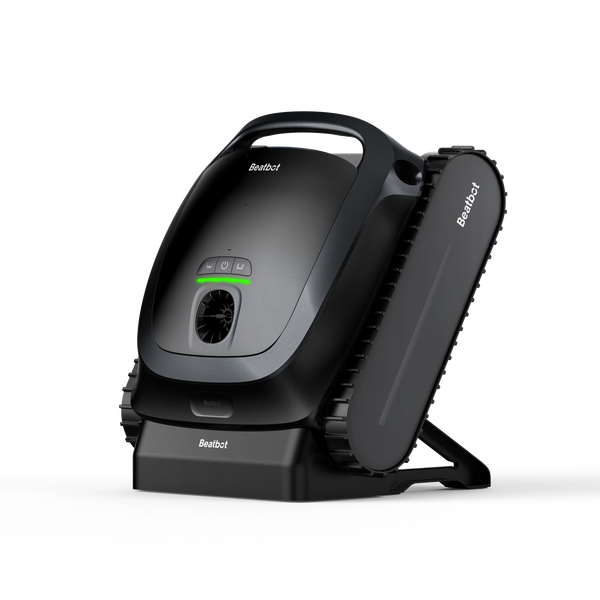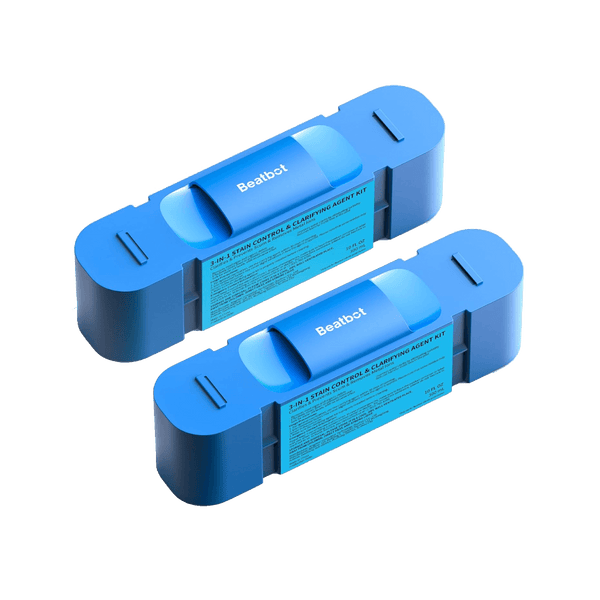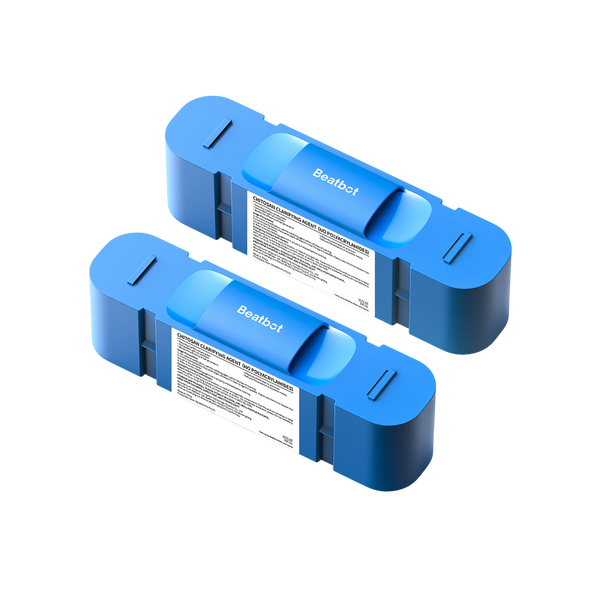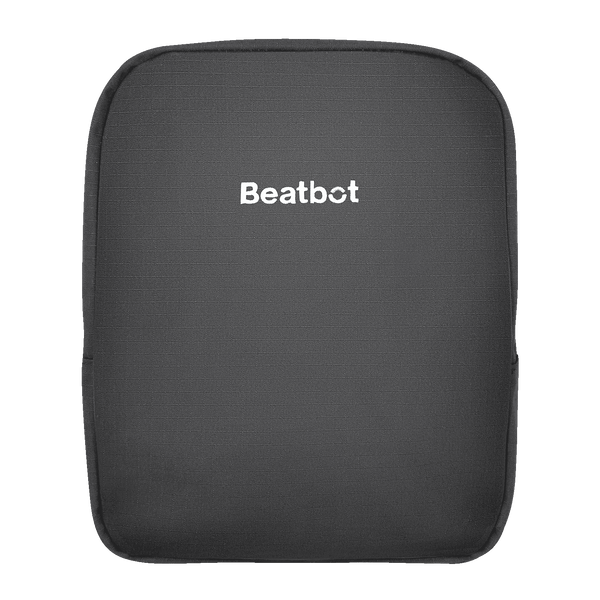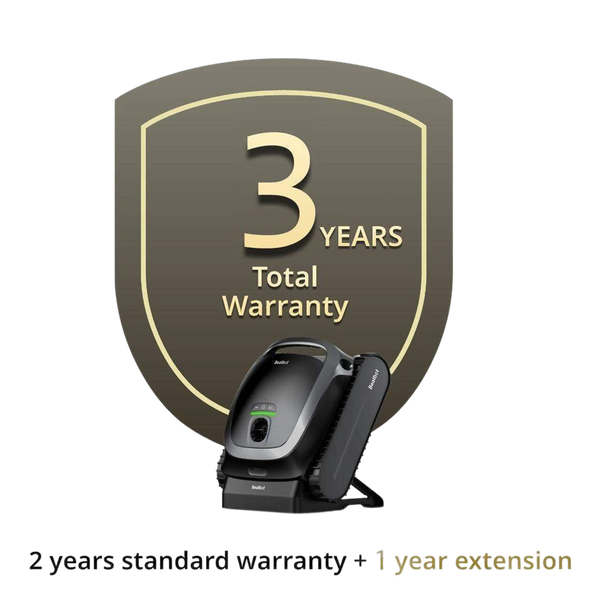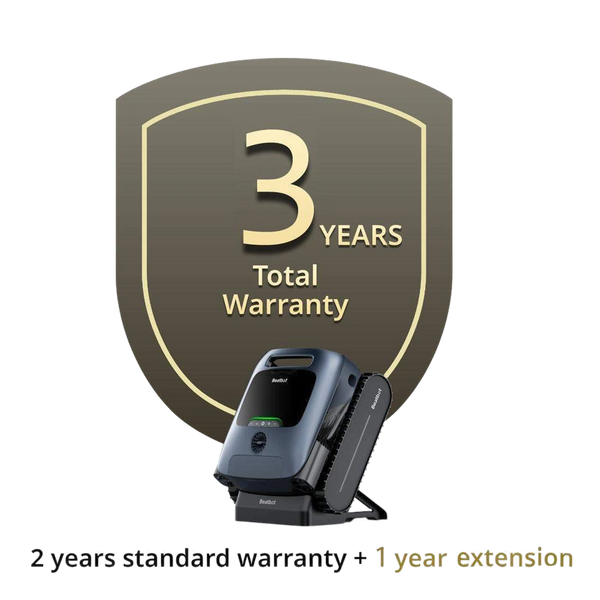Is Pool Filter Cleaner Necessary?
Maintaining a well-conditioned swimming pool requires efforts in multiple aspects, including filtration equipment, appropriate water temperature, chemical balance, and frequent cleaning—none of which can be neglected! Everyone knows that pools need to be cleaned, but do you know why it's important to clean the pool filter? Is pool filter cleaning necessary? The answer is, absolutely yes!
Table of content

What is a Pool Filter?
A pool filter is a crucial component installed in the pool's circulation system. Its primary function is to filter out dirt, leaves, bugs, and other particles that may enter the pool water. By doing so, it helps to keep the water clear and free from contaminants that can cause discomfort or illness.
Why Should We Clean the Pool Filter?
Maintains Filtration Efficiency:
Over time, the filter media can become clogged with dirt, debris, and other impurities. This reduces the filter's efficiency and its ability to remove contaminants from the pool water. Regular cleaning ensures that the filter continues to work effectively.
Prevents Clogs and Damage:
A clogged filter can lead to increased pressure on the pump, which can cause it to overheat or fail prematurely. Cleaning the filter regularly prevents this from happening, extending the lifespan of both the filter and the pump.
Improves Water Quality:
A clean filter helps to maintain optimal water quality by removing particles that can contribute to algae growth, cloudiness, and other water quality issues. This makes the pool safer and more enjoyable for swimmers.、
Common Types of Pool Filters & When to Clean Them
There are three primary types of pool filters: sand filters, cartridge filters, and diatomaceous earth (DE) filters. Each type has specific cleaning requirements to ensure optimal performance and water quality.
Sand Filters:
While sand filters generally require less frequent cleaning compared to other types, it is recommended to backwash and rinse them approximately every 4-6 weeks during the pool season. Alternatively, you should backwash and rinse when the pressure gauge indicates an increase of 8-10 psi above the initial clean pressure.
Cartridge Filters:
Cartridge filters need to be cleaned more frequently, depending on usage. You should clean them every few months or when the filter's pressure gauge indicates an increase of 8-10 psi above the starting pressure. This involves removing the filter, rinsing it with a hose, and soaking it in a filter cleaner if necessary.
DE Filters:
Similar to sand filters, DE filters should be backwashed when the pressure gauge indicates a high reading. Additionally, the DE media may need to be replenished. Moreover, the filter grids of DE filters require thorough cleaning at least once a year to maintain optimal performance.
In summary, the cleaning requirements for each type of pool filter vary depending on the type and usage. Regular cleaning and maintenance are essential to ensure that your pool filter continues to work effectively and keeps your pool water clean and safe.

Should You Use the Pool Filter Cleaner?
Actually, whether you should use a pool filter cleaner to clean your pool filter depends on the type of filter you have and the specific cleaning requirements.
For sand filters and DE filters, backwashing is a common cleaning method that helps to remove trapped dirt and debris, which generally does not require the use of a specific pool filter cleaner. However, for more thorough cleaning or to address specific issues such as algae or oil build-up, you may need to use a robust cleaner or a specialized cleaning solution.
Cartridge filters, on the other hand, often require more frequent cleaning and may benefit from the use of cleaners. These filters can be esaily clogged with dirt, debris, and other impurities, which can reduce their efficiency. By using a pool filter cleaner, you can more effectively remove these contaminants and restore the filter's performance.
When choosing a pool filter cleaner, it is important to select a product that is compatible with your filter type and material. Some cleaners may contain chemicals that could damage certain types of filters or their components. Therefore, it is always a good idea to consult the manufacturer's instructions or a pool maintenance professional before using any cleaner.
Relative Blogs
About the author
